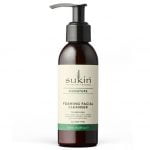
My two favourite things about being a bartender are a) the fact that I can drink Żubrówka at work without it being seen as a cause for concern, and b) the scalpel-sharp understanding it has afforded me of the human condition.
If you want to understand how people tick, who best to ask… a doctor? A priest? The Lord God himself? No. You ask a bartender. We see you in your most unguarded moments. We see your drunken arguments and your attempts to hide your dismay when you realise, five seconds in, that you don’t want to fuck your Hinge date. We hear you bitching about your colleagues and your incisive views on Jeremy Corbyn. We know you. So the next time you’re out with your friends having a few drinks and a good laugh, remember that somewhere in the background there is an embittered bartender, like me, silently judging you.
Over a number of years working in the industry, I have developed a preternatural ability to determine people’s personalities based on what they drink. Here are some, just some, of the insights that I’ve gleaned.
Real Ale
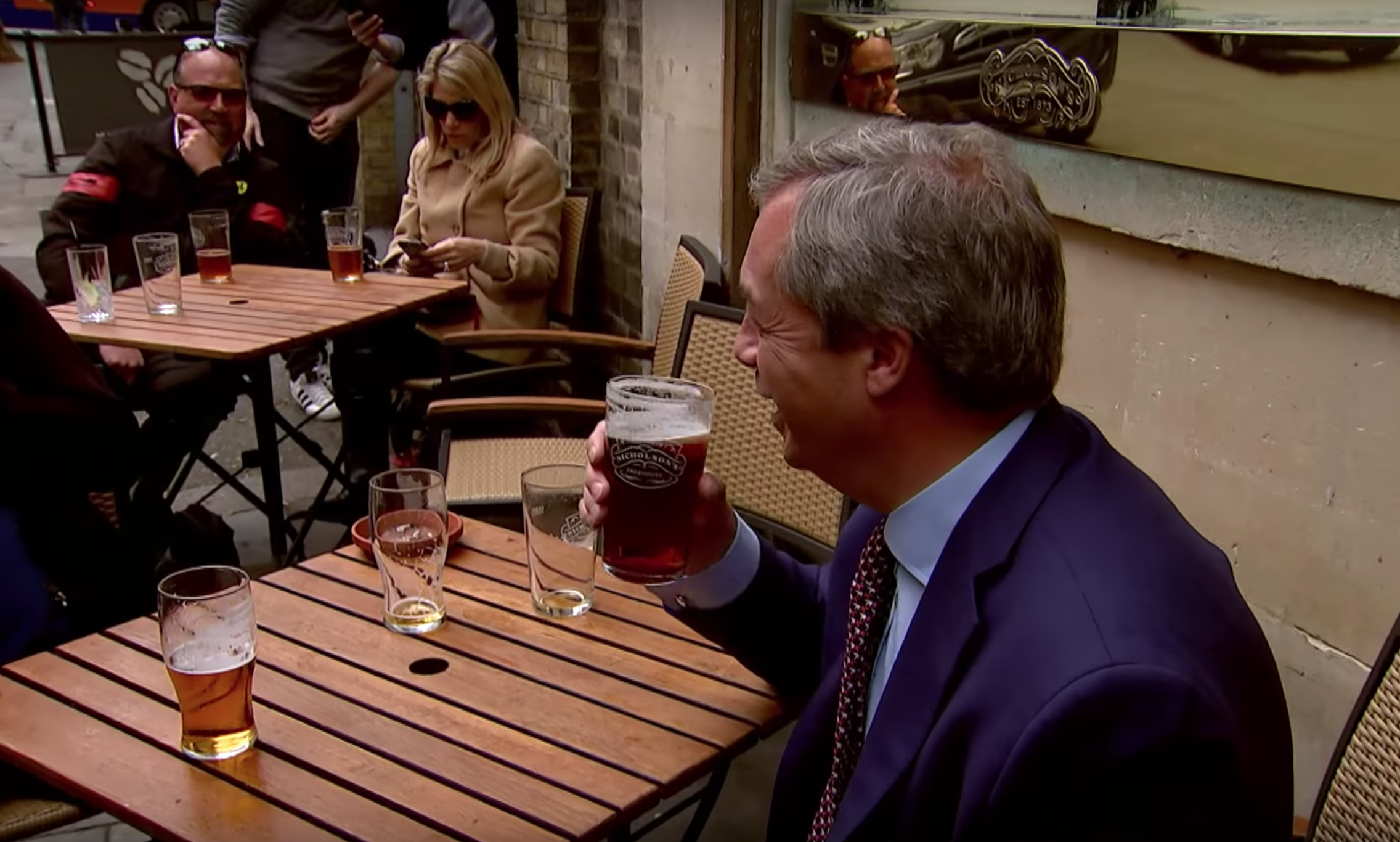
A drink for the Nigel Farages and Alan Partridges of the world; the oddballs and anoraks, the sour, miserly blokes who always ask me to top up their pint – no matter how perfectly I’ve poured it.
I used to read the “Campaign for Real Ale” newsletter at my old job, out of sheer boredom, and I’ll never forget the time it carried the headline “Hurrah for George Osborne!” This was following the announcement of a budget which, on one hand, decreased the price of a pint by 1 pence but, on the other, brought in billions of pounds in cuts which would harm the most vulnerable people in society – so it’s impossible to say if it was good or not.
Perhaps it’s unfair, but I’ve held a grudge against real ale drinkers ever since. If your political engagement begins and ends with “wanting to pay literally pennies less for a pint of Doom Bar”, you might just be a despicable person.
Aperol Spritz
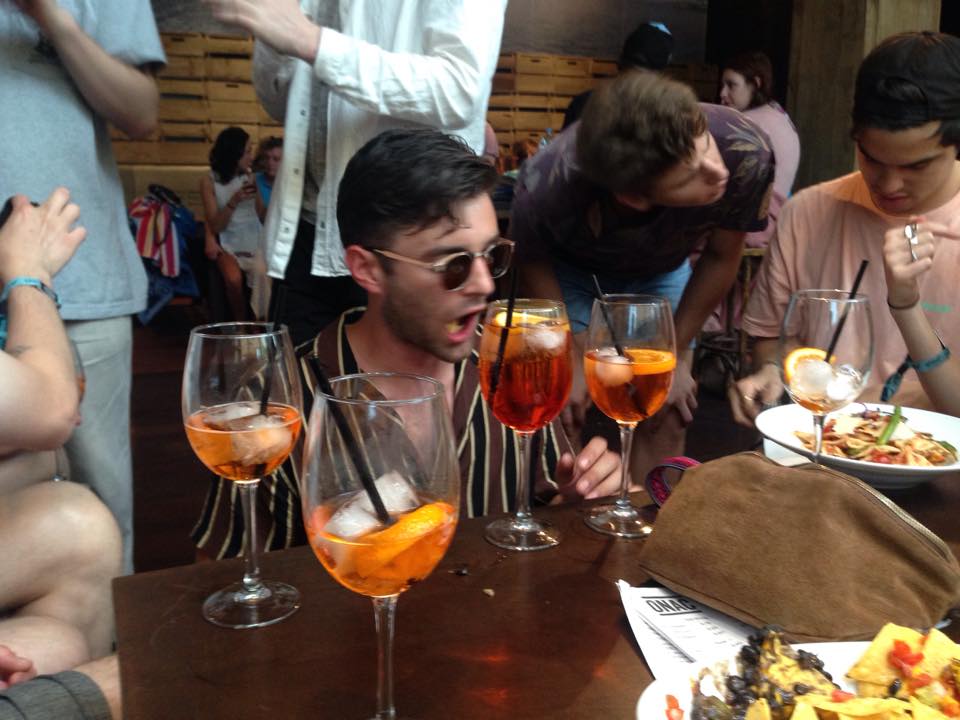
It’s 2019, babe.
Whiskey
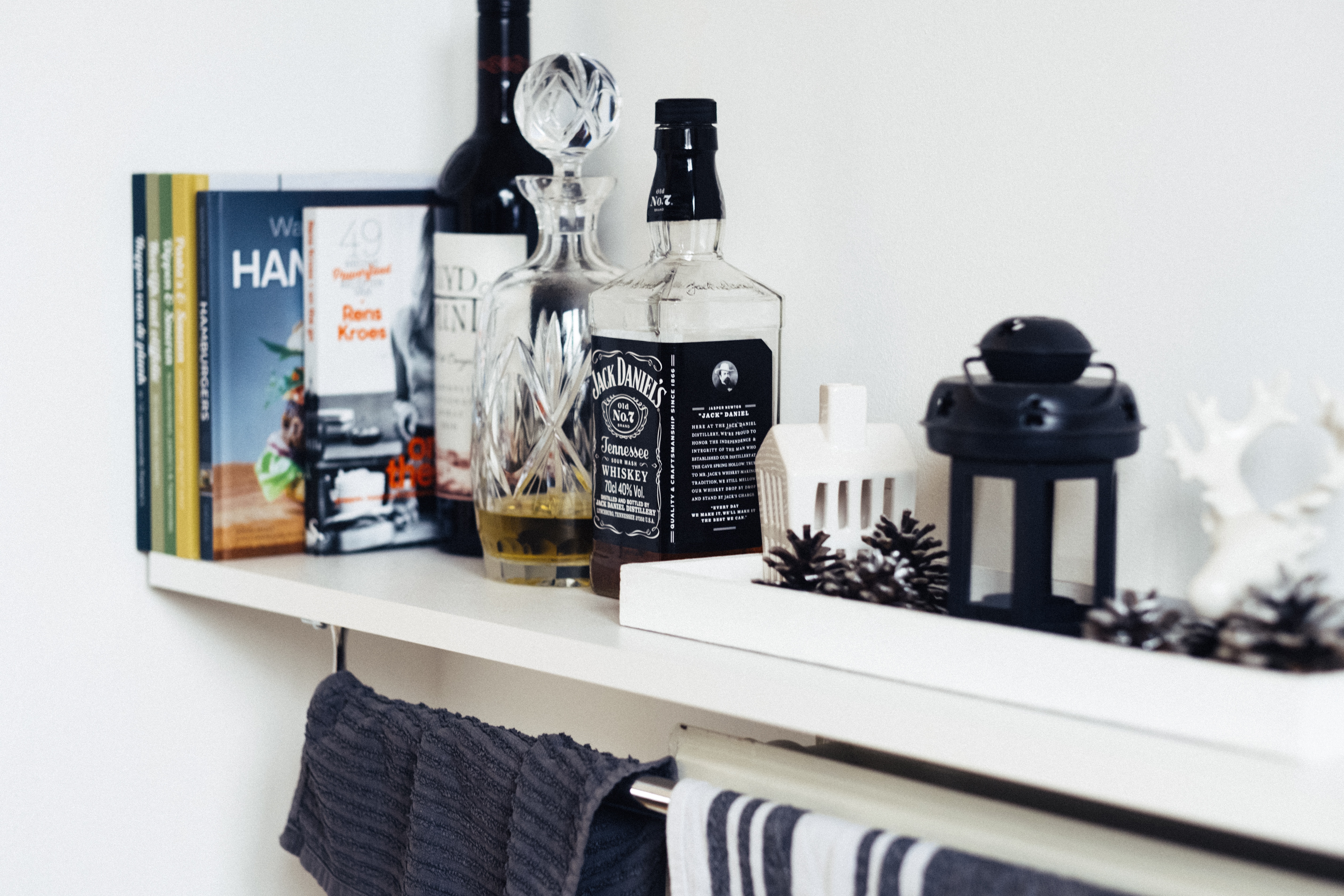
I once tried to insult a whiskey drinker by saying that his favourite scotch tasted like a peat bog. Imagine my annoyance when, rather than being offended, he just looked at me blankly and said, “Well, obviously… it’s peaty.” How can you slate something when even its most ardent defenders admit that it tastes like mud?
Annoying whiskey fans come in many guises (all of which are male; I, magnanimously, have no problem with women who drink it). There’s the Bukowski-quoting, self-styled literary bad boy; the American Redditor who addresses people as “sir”; and, in Scotland, the kind of fogeyish young patriot who makes a big deal of the fact they prefer ceilidhs to raves. What links them all is a desire to return to a more sophisticated – and largely imaginary – form of masculinity.
It’s as if whiskey lovers all watched Mad Men and somehow took away the message that Don Draper is a pretty great guy.
Vodka and Soda
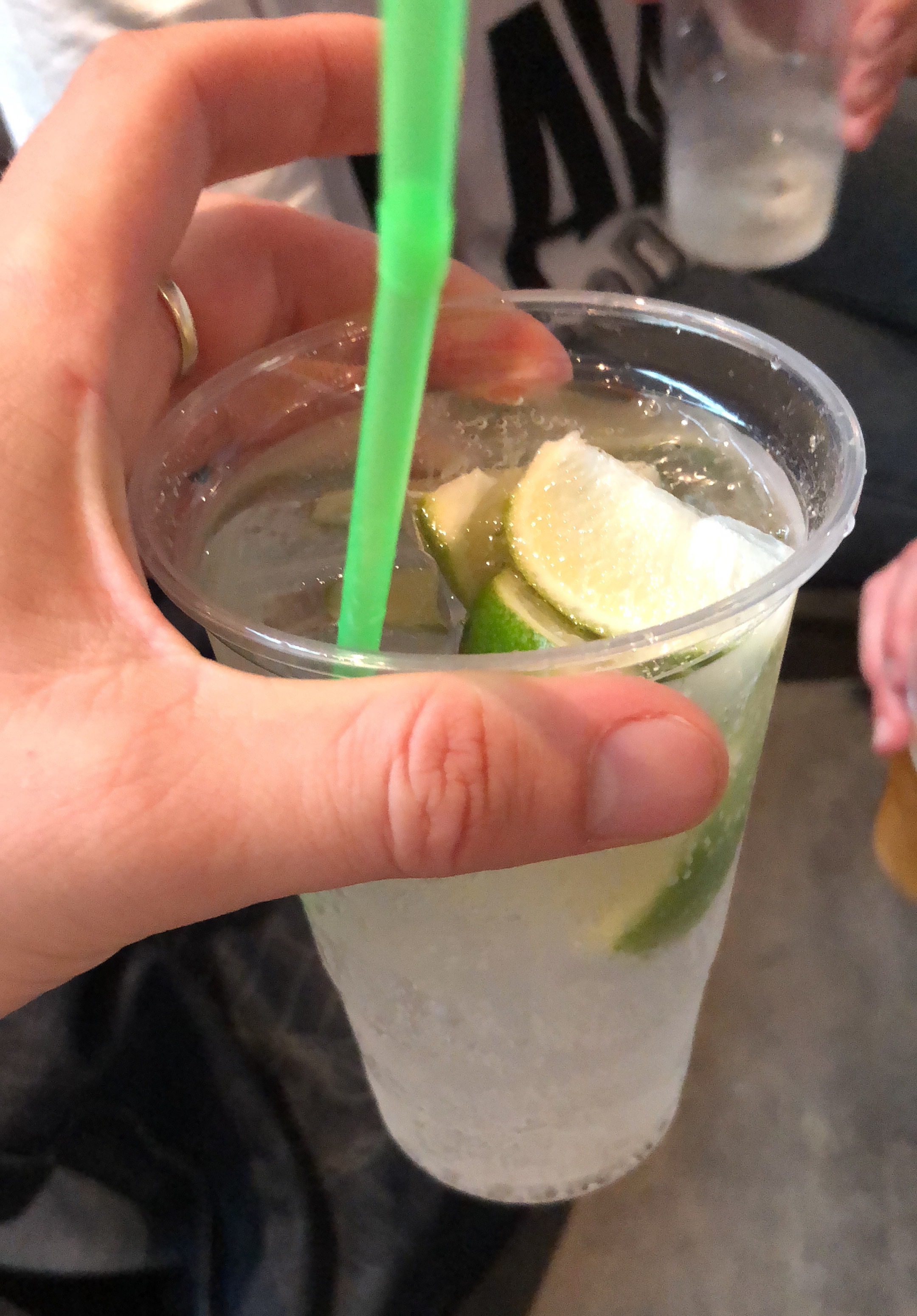
Last year, the freelance app Fiverr drew criticism for a horrible advert which read, “You Eat a Coffee for Lunch. You Follow Through on Your Follow Through. Sleep Deprivation is Your Drug of Choice. You Might Just be a Doer.” This list may well have included the line, “When You Go to the Pub, You Order a Vodka and Soda” – such is the monk-like self-discipline the drink embodies. Lacking both calories and flavour, it’s the closest you can get to “not drinking” while still getting drunk. I both fear and respect the people who order it.
Craft Beer
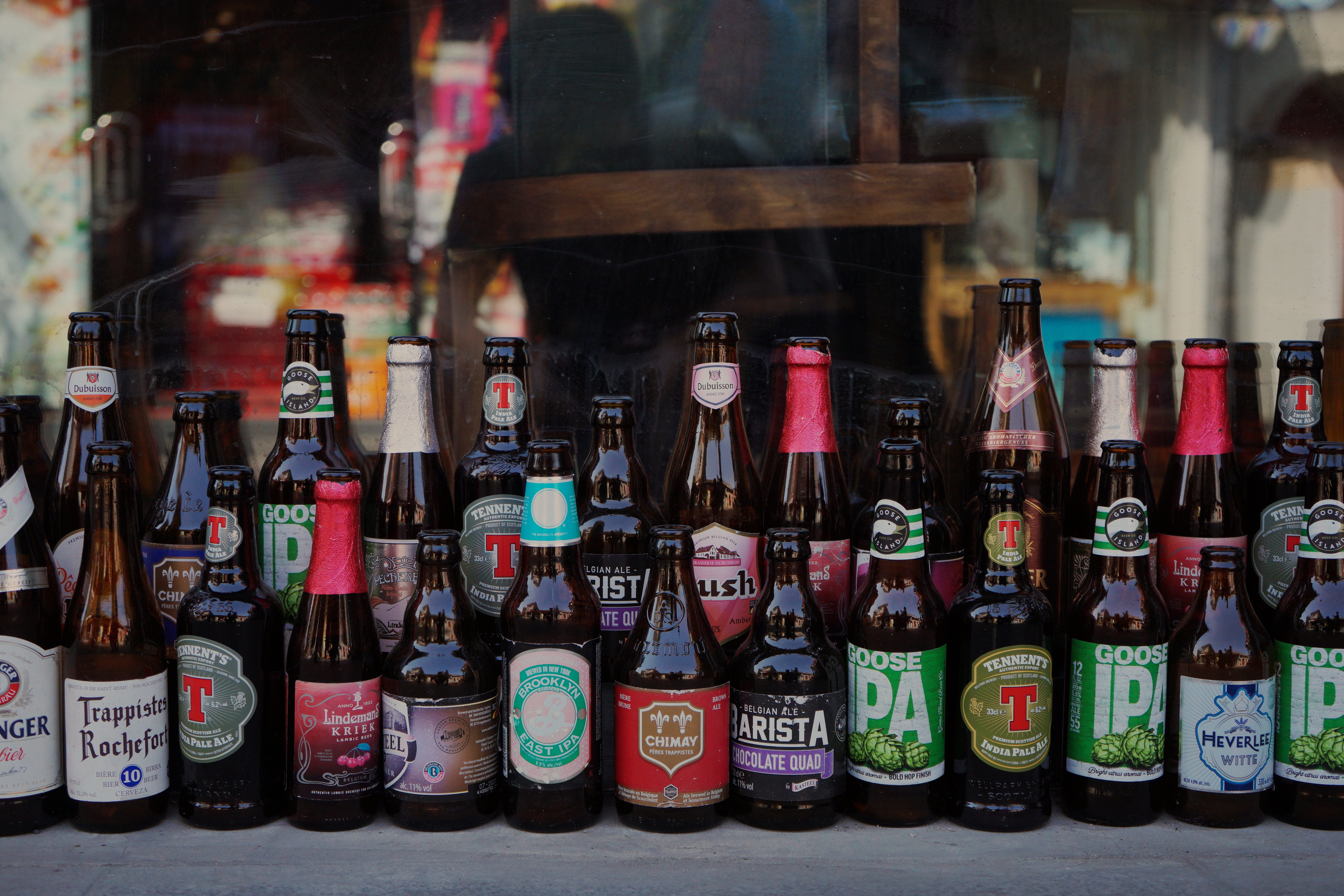
I remember a heady period in my life, living in Newcastle in the early 2010s, when pubs started serving Brooklyn lager and everyone lost their minds. Bliss was it in that dawn to be alive, but to work in a gastropub in a mid-sized northern city was very heaven! Almost ten years on, the craft beer revolution has failed, as revolutions often do. The utopian ideals of BrewDog have been lost in a mire of “equity-for-punks” commercialism and transphobic marketing campaigns. More recently, Beavertown Brewery sold a minority stake to Heineken, causing an outcry among some of the most boring people alive (I know because they spoke to me about it… at length!) The transgressive, countercultural dream is dead.
What does it mean to drink craft beer now? Very little. People in London, from all walks of life, from upper-middle-class to middle-class, love nothing more than quaffing a £6 pilsner named after the borough in which they live. It makes sense: beer is so expensive across the board that you might as well pay an extra 50p and get something that tastes nicer. This often comes alongside a sincere desire to support local businesses, which – while it’s not going to destroy capitalism – is fair enough. Drinking craft beer is acceptable so long as you never, ever try to talk to me about it.
Tequila, Lime and Soda
My favourite drink, which also happens – by sheer coincidence – to be the coolest. Wearing its sophistication lightly, it’s tasty, yet delicious. Thirst-quenching, yet never anything less than utterly refreshing. For legends only.
‘Mass-produced’ lager
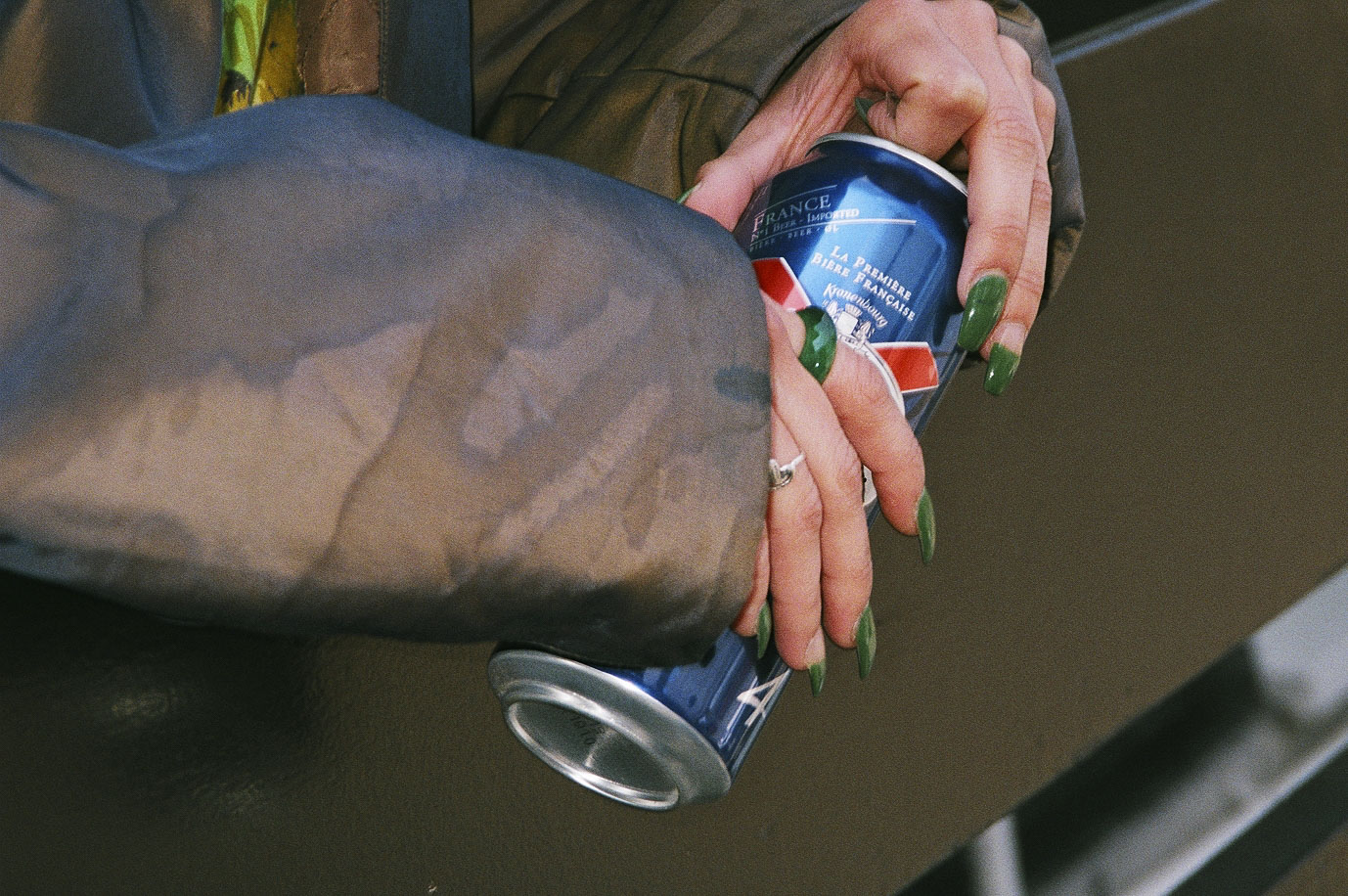
This is such a normal thing to drink that it’s hard to mock anyone for favouring it, but, as with eating Greggs or drinking in Spoons, it doesn’t make you the salt of the earth. I’ve noticed a disturbing tendency among my friends and I to act as though drinking lager represents a badge of authenticity, a rejection of pretentiousness which ends up being, in its own way, pretentious.
Perhaps for me, as a gay man, drinking lager is also an attempt at performing masculinity. Look, Gepetto, I’m glugging a Heineken! Or is fetishing cheap beer simply a way of alleviating the shame of being too broke to afford anything else? It’s all just so complicated. Looking for answers, I asked one such friend to justify himself. Here’s what he had to say:
“It isn’t that I don’t like ‘craft beer’ – I do. Last night I even went as far as to voluntarily order a £6 pint of Gamma Ray, and each flavoursome sip was more nourishing than the last. But if there is a finer thing on earth than a crisp pint of Stella, I’m yet to find it. Sheer simplicity, your average continental lager is both beautiful – those deep yellows and pissy oranges, that bright line of white foam that crests atop the ochre wave – and, just as importantly, a signifier of the fact that while you might be clad in over-priced workwear, conducting a obnoxiously loud conversation about the ins-and-outs of new media, you are still just a normal bloke. And I find that incredibly comforting.”
What a cunt.
Vermouth
You have, at some point in your life, been described as “the man bringing street magic kicking and screaming into the 21st century”.
Gin and Tonic

You possibly own a floral tea-towel inscribed with “Don’t speak to me until I’ve had my morning gin!” or some other similarly kooky endorsement of middle-class alcoholism. But then again, maybe not – I’ve seen far fewer references to gin on dating apps recently, which perhaps suggests that the spirit has had its day as a personality-substitute. Still, gin and tonic has become, along with lager, the default drink that people order at the pub – despite the fact it tastes disgusting. It’s so ubiquitous that I’m no longer sure it signifies anything. If this is your favourite drink, I think absolutely nothing about you. You don’t even register. I look at you and all I see is a terrible, howling void.
Also, you work in recruitment.
Natural Wine

Natural wine is having a moment right now. By this stage you should already be referring to it instead of craft beer in your lazy jokes about hipsters – there’s even a coffee table magazine on the subject (bearing tag lines such as “Winos With Attitude” and “Sex, Drugs and Pinot Noir”). I once went to an industry fair in which every second winemaker was described as “the rockstar of the wine world”. Apparently all it takes to earn this description is having a ponytail.
Natural wine is mostly produced by small, independent vineries, and although I wouldn’t be surprised to see it in supermarkets before long, it’s simply not possible to produce it in the same quantities as the regular stuff. This makes it appealing to people who want to drink ethically, while also distinguishing themselves from the riff-raff. If this is you, I’m going to go out on a limb and say you are a 33-year-old architect who lives in De Beauvoir, dresses head-to-toe in APC and subscribes to Wallpaper magazine. I both hate you and dream of one day marrying you.
I asked my ex-boyfriend, who works as a sommelier, to explain natural wine’s appeal. At first he was reluctant, fearing with some justification that I would be quoting him in a spirit of mockery, but he eventually told me, “I like it because it’s better than supermarket wine. It’s Goodhood, not Topshop,” before adding, “I put it into simple, stupid terms so you could understand.” 🙁
Conclusion
The other day I saw your boyfriend wearing a very cool T-shirt which read “good people drink good beer”. This is sometimes true, yes, but bad people drink good beer too, and vice versa. So maybe the alcohol someone consumes isn’t actually the best way of determining their value as a person. Your favourite drink, in other words, only says something about you if you want it to, if you’re trying to make a statement – and that, not drinking gin or real ale, is what makes you annoying.
Now, pass me an Amstell and let me pretend that I’m one of the lads!
[“source=vice”]



